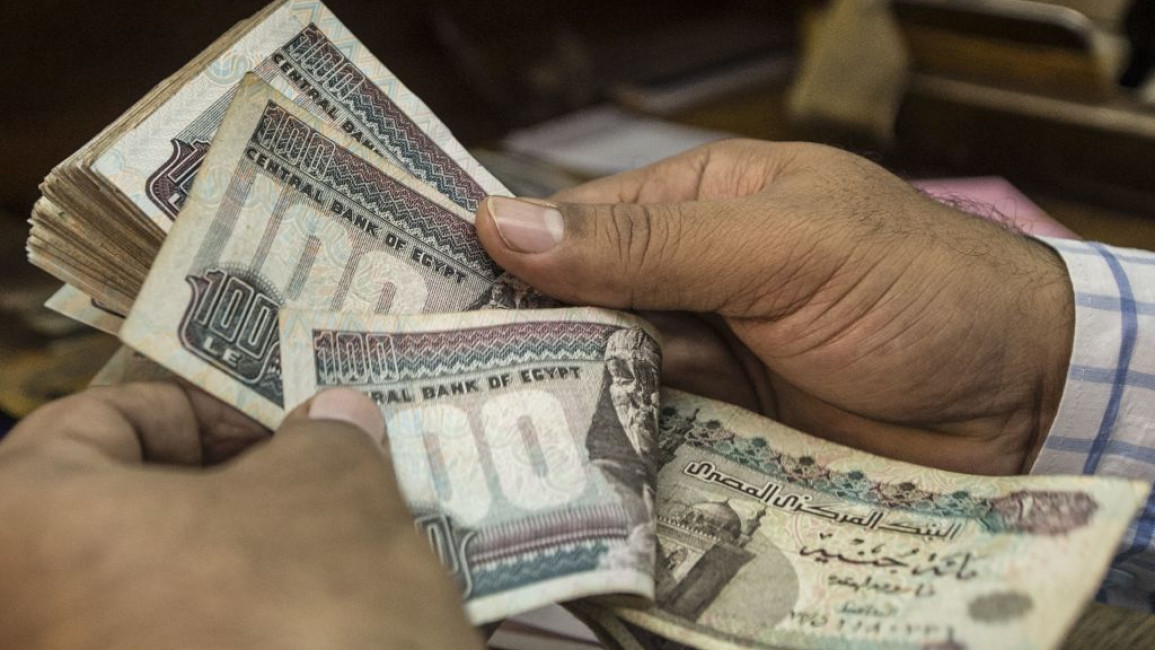Egyptian pound falls further after central bank’s moves
The Egyptian pound slipped further against the dollar on Wednesday, after Egypt’s Central Bank raised its main interest rate and devalued the local currency by 14 percent.
The moves by the Central Bank of Egypt came to face inflationary pressures triggered by the coronavirus pandemic and Russia’s war in Ukraine, which hiked oil prices to record highs.
Banks were selling the US currency at more than 18.5 pounds while buying it at over 18.45. That’s up from an average of 15.6 pounds for $1 before the central bank’s decision on Monday.
The central bank increased the key interest rate by 100 basis points to reach 9.75 percent. The overnight deposit and lending rate were also raised by 100 basis points each to reach 9.25 percent and 10.25 percent respectively, the bank said.
The bank citied the war in Ukraine that has shaken the global economy and threatened food supplies and livelihoods of people across the world.
Economists have said the moves were likely signs that the government is working to secure another financing package from the International Monetary Fund.
The rising cost of basic goods has deepened the hardships facing middle class and poor Egyptians. They have suffered from price hikes since the government embarked on an ambitious reform program in 2016 to overhaul the country’s battered economy.
Over the past weeks, residents have reported rises in the price of bread, fresh vegetables and fruits due to higher transport costs.
On Tuesday, Prime Minister Mustafa Madbouly said they were working on reconstructing the 2022-2023 budget to be prepared for “the most pessimistic scenarios.”
The government has taken steps to control prices hikes, including a 130 billion pound (over $7 billion) relief package. It said planned increases in pensions and salaries for civil servants would be applied starting in April rather than July.
It also set a new pricing system for unsubsidised bread after bakeries raised prices to up to 50 percent. Retailers who violate the government-set prices face a fine of up to 5 million pounds ($286,200).



